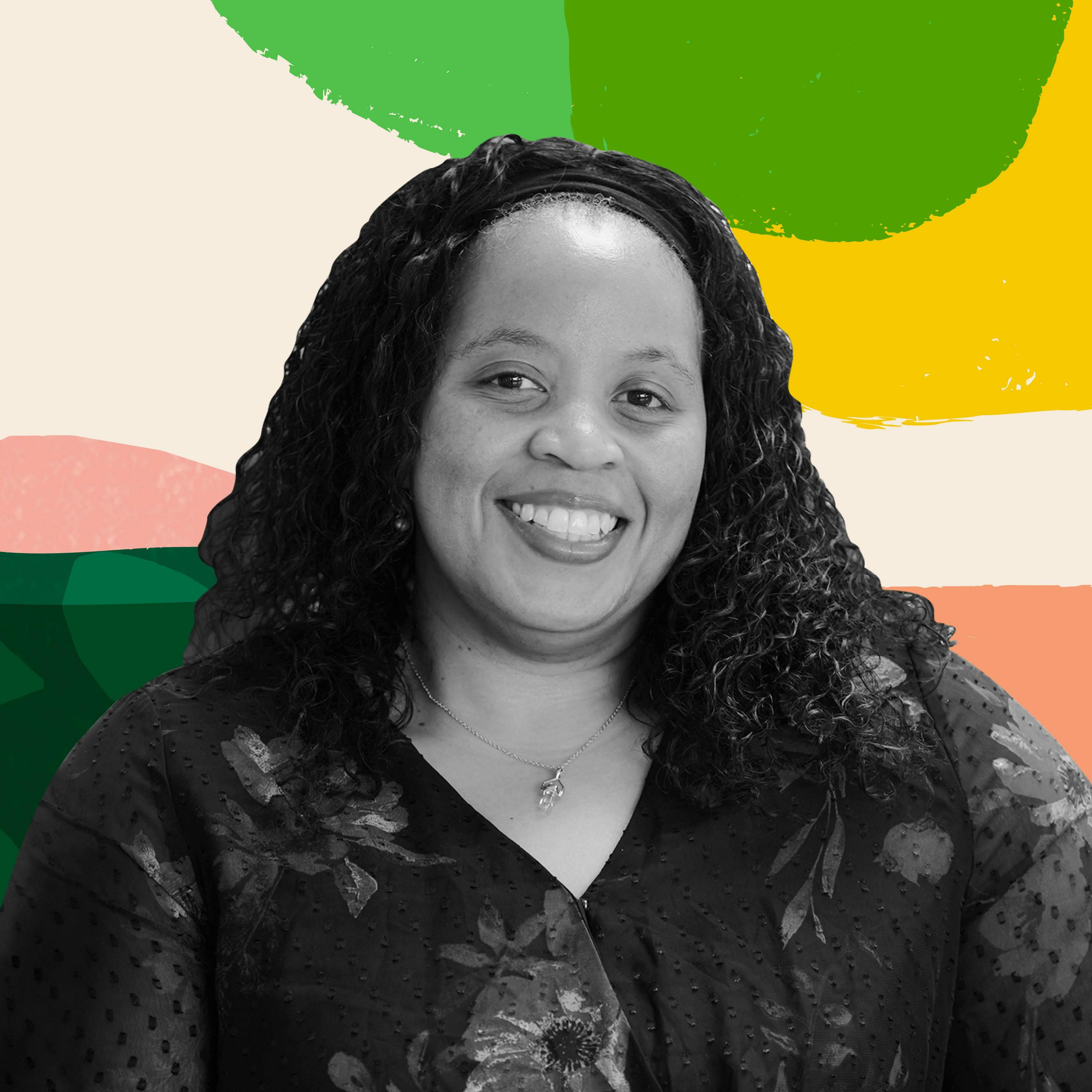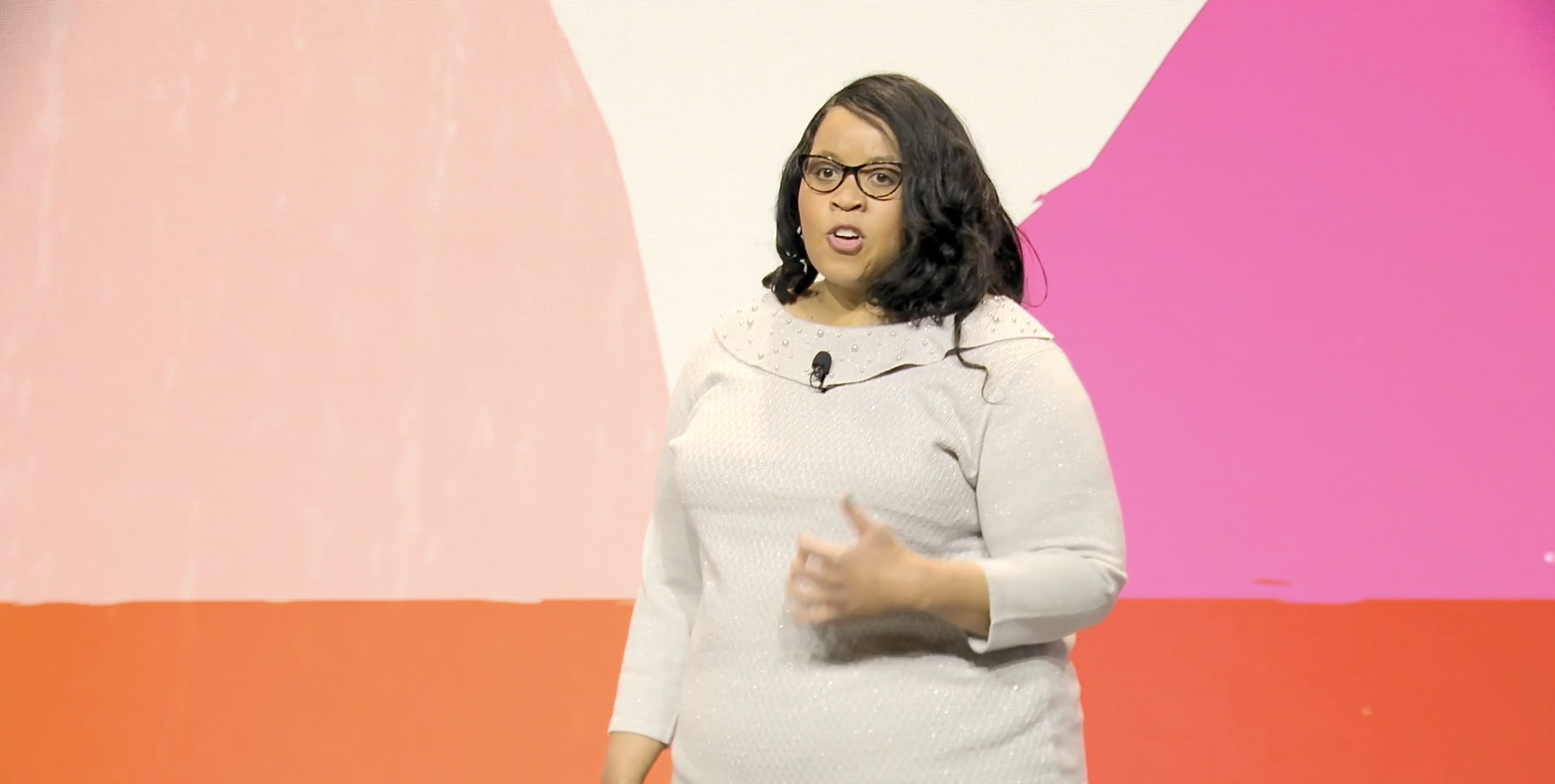Nikki Wallace
Crosstown High


Nikki Wallace is an award-winning science educator and innovator. She has taught at Crosstown High in Memphis, Tennessee, since the school opened in 2018, having emerged from the original XQ Super School competition. Understanding the importance of education in the larger social justice movement, Wallace is committed to reducing barriers to the STEM fields for young people from marginalized communities in order to ensure equity, diversity, and inclusion. She develops project-based curricula that challenge students to imagine themselves as scientists, make meaningful connections to their communities and the environment, and experience the utility and power of science.
Wallace is a Bio-Rad Explorer Fellow, a committee member for the West Tennessee STEM Hub, a member of the Frayser PTSA, and has been featured in XQ America, PopUp Magazine, and The Daily Memphian for her work with Crosstown High and the Memphis STEM in Medicine Ecosystem. She holds a Bachelor of Science in biology and a master’s in science education.
About Crosstown High
Crosstown High is a learner-centered public charter school that engages students in meaningful, project-based work and authentic relationships that will prepare them to be original thinkers, generous collaborators, holders of foundational knowledge, masters of all fundamental literacies, and lifelong learners. The design team that created the vision for the school was one of the largest and most diverse teams in the XQ Super School competition. The school is unique in that it is located inside Crosstown Concourse, a 1.2 million-square-foot “vertical urban village” consisting of 265 residential apartments and more than 40 business and nonprofit organizations, the majority of which are focused in the areas of the arts, education, and healthcare. Crosstown High graduated its first class in 2022.
When you look back in five years, what do you hope you and your organization have accomplished?
Being challenged to dream big is often a daunting task for me. As an African American woman from Memphis, Tennessee, I have run into barriers my entire life, especially in science and education. The audacity to dream big and live in that dream is scary and unfamiliar. Often there is just not enough money or just not enough time. You don’t have the right connections or arrive at the wrong time. As a result, your truth is dismissed as an anomaly, and you don’t belong. Five years from now, I want to reflect on how I stood up for my community and effected meaningful change. I increased participation in science, technology, engineering, and math by encouraging marginalized students at Crosstown High and schools across Memphis. I hope to create a legacy of firing up STEM educators who directly influence their students’ daily lives, and that my point of view will be amplified across the city and country. I hope to have served as a bridge to the research industry by creating meaningful project-based learning experiences that allow students to participate in the fields at the junior level and fall in love with science. We will have shifted the narrative of marginalized students and their role in scientific pursuits. Our students will be eager to do the work, creating an environment where full participation unlocks the power of science!
How is the changing climate impacting your work?
The changing climate is a motivating factor for most of my teaching in science education. Teaching students how to harness the power of science to help solve the problem of climate change and environmental degradations that many urban communities are facing is crucial if we truly want to protect our Earth.
Students in my classroom are pushed to think creatively about ways to tackle problems with air pollution, chemical pollution, and heat sinks from urbanization. They are being taught to think about how synthetic biology can be used to create biomarkers or design new organisms that work for humanity and for the Earth. I believe that algae, fungi, and bacteria hold secrets that humanity has yet to employ. Our students can easily manipulate these small organisms to solve problems of arsenic in drinking water, increase the amounts of antibiotics to improve human health outcomes, increase the levels of oxygen, and decrease the amount of carbon dioxide in the atmosphere. These things can solve the problem with excess carbon dioxide that will ultimately alter our impact on the climate. And motivating students to appreciate the soil and our environment will develop advocates that will address the problems of today. The future of humanity has yet to be determined. And as we increase participation in science to build alternative points of view, we will harness the power of science.